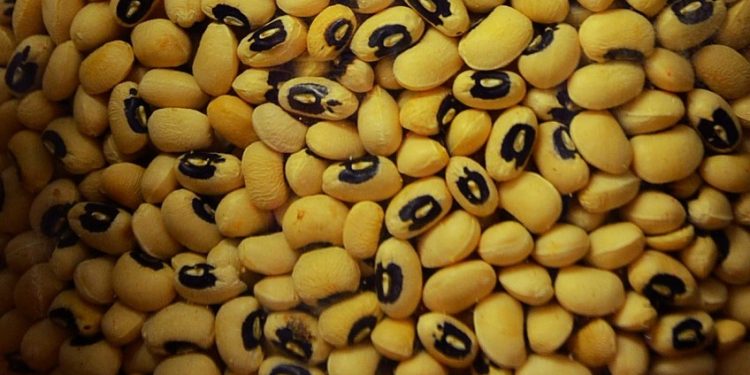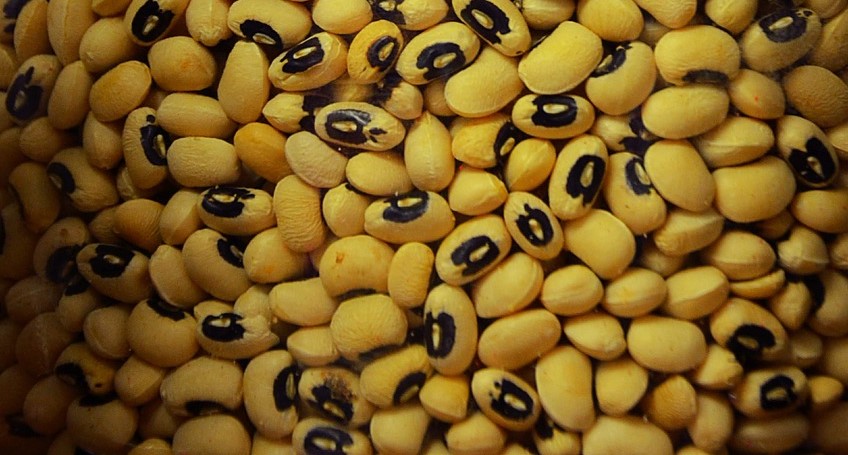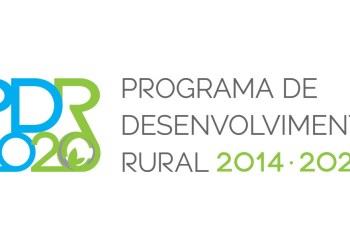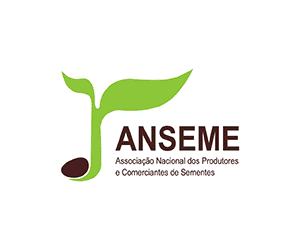About 30 journalists from all parts of Ghana visited the country’s pod borer-resistant (PBR) cowpea field trial site in Nyankpala to gain a better understand genetically modified (GM) crops.
The insect-resistant cowpea, or beans, will be the country’s first GM crop if the National Biosafety Authority green lights their environmental release, which means the seeds can be grown by farmers.
The print and broadcast journalists seized the opportunity to see GM cowpea plants and their end product for the first time. They also had an opportunity to meet the Ghanaian scientists who developed the crop and farmers who want to grow it.
If approved, the seeds could be available to farmers by the start of the next planting season.
As a result, journalists were offered the chance to see GMOs as living crops, rather than an abstract term, and to address myths about the technology spread by critics of GMO products.
The Bt cowpea was developed by the Savannah Agricultural Research Institute (SARI) of the Council for Scientific and Industrial Research (CSIR) and the African Agricultural Technology Foundation (AATF) to improve conventional varieties already popular with farmers.
Conventional varieties suffer heavy attacks by pod borer insects, reducing crop yields and prompting farmers to use numerous applications of pesticides to control the pests, explained Dr. Jerry Nboyine, principal investigator on the PBR cowpea project at SARI. The PBR cowpea, on the other hand, offers inherent resistance to pest attacks because it has been modified to include a Bt gene.
Bt, or Bacillus thuringiensis, is soil-dwelling bacterium that is commonly used for pest control in both conventional and organic farming. Numerous studies show it does not harm humans, animals or beneficial insects and soil microorganisms.
With the new Bt cowpea, Nboyine is convinced that both farmers and consumers will be the ultimate beneficiaries. Because farmers will not need to spend so much on pesticides, and can achieve better harvests, the price that consumers pay for beans could go down.
The field visit was organized by the Alliance for Science Ghana in partnership with the Ghana Agricultural and Rural Development Journalists Association (GARDJA), International Institute for Tropical Agriculture (IITA), Open Forum on Agricultural Biotechnology (OFAB) and SARI.
During the field visit, the journalists found it difficult to determine any difference between GM and conventional cowpea, other than the GM varieties had less pest damage. Otherwise, the beans look exactly the same.
Scientists have reassured consumers that the beans also cook and taste the same as the varieties they enjoy now.
The journalists expressed appreciation for an opportunity to see GM crops for the first time on Ghanaian soil. They urged authorities to approve the commercialization of PBR cowpea to relieve farmers of the stress and anxiety they now have in trying to produce a successful crop.
By Richmond Frimpong
O artigo foi publicado originalmente em Cornell Alliance for Science.


















































